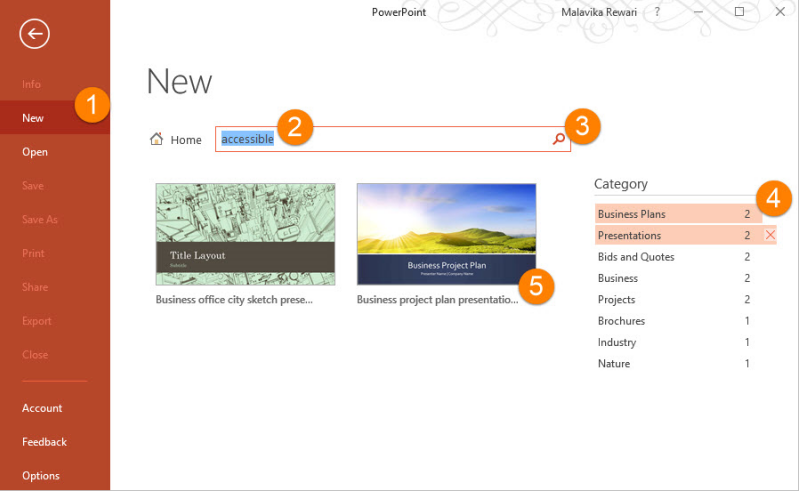
Microsoft is changing the game of technology access with the release of its first ever AI-assisted Word and PowerPoint, enabling the blind to use these popular computer applications.
The AI-assisted Word and PowerPoint versions, powered by Microsoft's Computer Vision Cognitive Service, will feature a virtual assistant saying out words that are pointed on the screen, and giving out directions as to how certain screen commands are carried out. Virtual assistants can also suggest captions for images, and translate visual instructions and input texts to audio.
Users will have the option to pre-program commands, and to personalize the virtual assistant into certain settings such as, speed of speech and gender. Users can also open document files and have the virtual assistant read the document's contents for them.
On a blog post, the Office 365 team writes, "We will offer you automatic suggestions for alt-text when you insert a photographic image that can be recognized with high confidence." Alt-text (alternative text) refers to a computer attribute telling a viewer the nature or contents of an image.
The team adds that with more people using this new technology, the more the information pool gets updated, and the more the virtual assistants get 'smarter'. As much as the user learns from the virtual assistants, the virtual assistants also learn from users through a constant feedback loop. The team says, "Through machine learning, this service will keep improving as more people use it, saving you significant time to make media-rich presentations accessible."
At the moment, Microsoft's AI technology is developed especially for the blind and those with other vision disabilities. The screen and keyboard light colors can be personalized on the system's settings to make way for easier reading for those with low vision or color blindness.
More Word and PowerPoint templates are foreseen to be developed next year to accommodate more people with different needs. The team encourages present users to click the Accessibility Checker whenever they find difficulties with program access and ease of use. Users giving feedback on what they find difficult can help the team fix issues right away.
Microsoft is serving a good example in its pursuit of being an all-inclusive company. This April, Facebook has announced its development of a photo tagging and captioning feature for the visually challenged. The company will also be using the AI-assisted alt-text translation to audio.
Word and PowerPoint are part of Microsoft's Office 365 package software made for creating and managing documents, and building digital visual presentations respectively.






